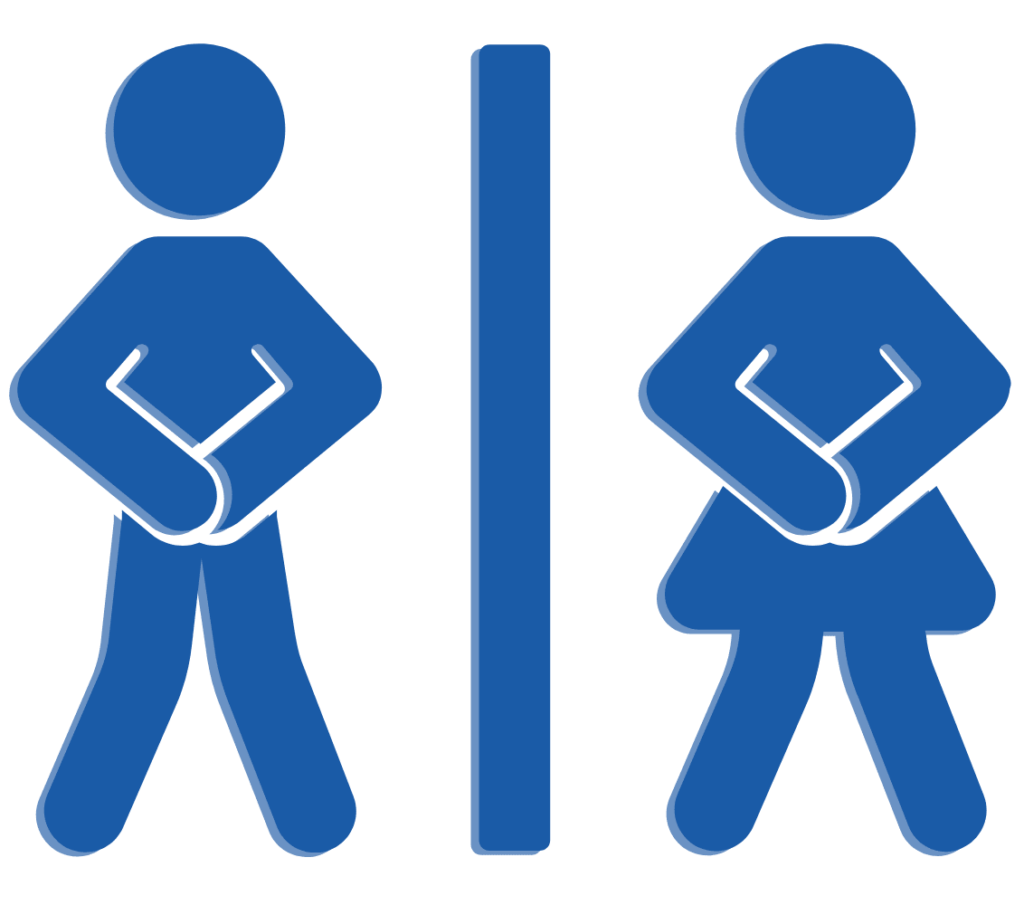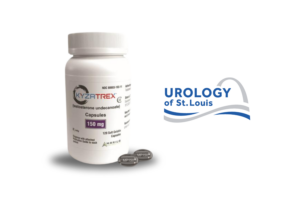
November is Bladder Health Awareness Month and local urologists are working to raise awareness about some common bladder conditions that affect nearly 46 million people in the United States alone. Dr. Travis Bullock, a urologist with Urology of St. Louis, specializing in urologic conditions affecting women said urgency incontinence and stress incontinence are two common conditions people deal with silently.
“Because this topic can cause embarrassment, people often feel they are the only ones struggling with bladder issues,” said Dr. Bullock. “We have all heard about potentially serious diseases affecting the bladder like bladder cancer. However, even bladder conditions that aren’t life-threatening can tremendously impact a person’s daily life. I want people to know that many treatments for these conditions are not only covered by insurance, but they are also highly effective, minimally invasive and can make a significant difference in your quality of life.”
Dr. Bullock said two of the most common bladder conditions are urgency incontinence and stress incontinence. Urgency incontinence is when your bladder has spasms and you have to quickly find a bathroom. For stress incontinence, this occurs when your muscle holding the bladder closed has become weakened and can cause leakage with simple activities such as sneezing, coughing or physical activity.
“There’s a common misconception that bladder issues are a normal part of aging and that people need to just deal with,” said Dr. Bullock. “However, that couldn’t be further from the truth. At USL, we offer simple and safe procedures to help people get their symptoms under control so that their bladder isn’t controlling their life.”
Treatment options depend on the type of incontinence but can range from bladder training exercises, diet and fluid changes and outpatient procedures. Dr. Bullock also recommends removing bladder irritants, such as caffeine and alcohol, which force your kidneys to make more urine. Medications, nerve stimulation, and injectable options such as Botox treatments are also available when lifestyle changes aren’t effective.





